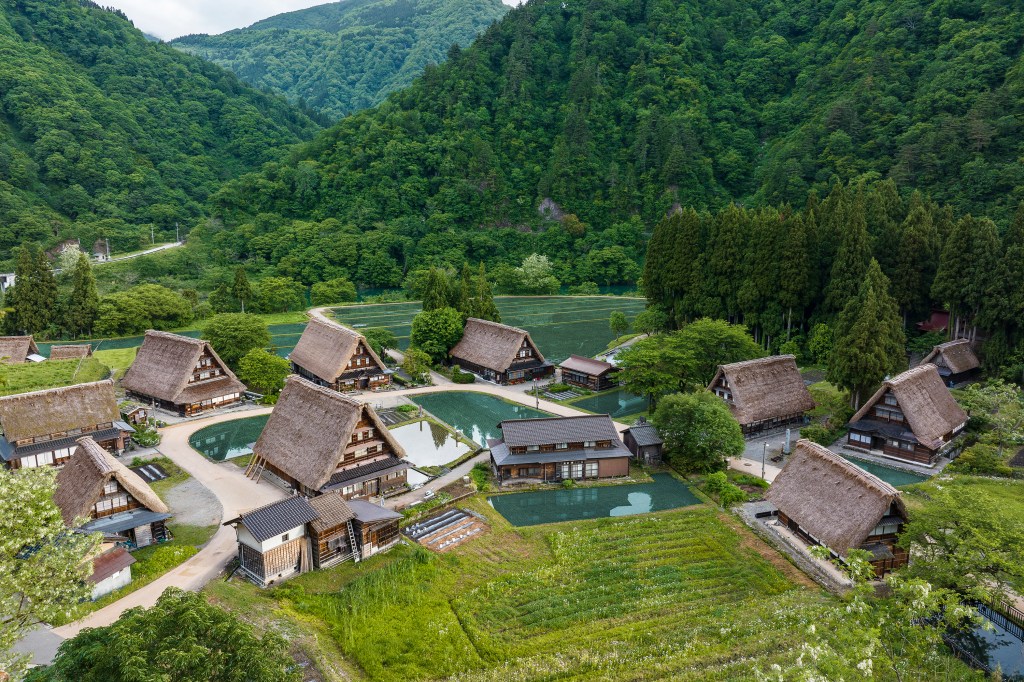Airbnb pledges $1M to rural tourism exchange program between US and Japan

To mark the first ever US – Japan Tourism Year, and in celebration of Airbnb’s mission to connect people from across the world through travel, Airbnb has pledged $1 million to fund a multi-year rural tourism exchange program between the US and Japan with an aim to strengthen economic opportunities through tourism in rural areas in both countries.
This announcement coincides with the Official Visit of Japanese Prime Minister Fumio Kishida to the US this week and supports Airbnb’s commitment to promoting travel to lesser known destinations through tourism dispersal that contributes to visitor economies in more places.
The exchange program would bring two cohorts of 15-20 Japanese tourism and hospitality professionals to the US in 2024-2025 to collaborate with their American peers and study best practices in rural tourism through the State Department’s flagship professional exchange, the International Visitors Leadership Program (IVLP). Through this tourism-related exchange, Japanese tourism professionals will learn from industry leaders in the US about the opportunities inherent in rural tourism. Japanese alumni of previous IVLP exchanges include four former Prime Ministers, and current members of Japan’s parliament.
In 2023, Airbnb guests traveled to more than 100,000 cities and towns across more than 200 countries and regions, making it the most dispersed year of travel ever on the platform.
In the US, nearly 600 cities and towns received their first Airbnb booking in 2023 — and more than 80 percent of these were in non-urban places. In Japan, the number of cities and towns that welcomed their first guests in 2023 grew by almost 10 percent with the majority being in non-urban areas.
As part of the program, Japanese participants will stay in Airbnb listings around the US, enabling them to benefit from a cultural exchange by staying in local homes, building people-to-people ties with Hosts, and seeing the positive impact this type of tourism has on local economies in rural areas.
“Japan is one of our most popular markets and the cornerstone of our international expansion efforts in Asia Pacific. As more Japanese guests embrace home sharing to explore beautiful remote and rural destinations, we’re excited by the opportunity to play a role in supporting the development of tourism across more parts of the country. Fostering connections between people through travel is a core value at Airbnb and this exchange program builds off that premise, with the aim of bringing tourism leaders together to share key learnings and insights.”
Jay Carney, Global Head of Policy and Communications, Airbnb
“The U.S. Department of State is proud to partner with Airbnb. Thanks to this new partnership, we have the unique opportunity to strengthen our bilateral relationship, create cross-cultural connections, and expand economic opportunity to improve the lives and livelihoods of people in both rural America and rural Japan through tourism.”
Lee Satterfield, Assistant U.S. Secretary of State for Educational and Cultural Affairs.

Funding for this exchange program is part of a broader effort to support communities and revitalize tourism in Japan. In February, Airbnb.org helped house evacuees impacted by the Noto peninsula earthquake in Ishikawa Prefecture, which built on a separate Memorandum of Understanding signed by Airbnb in November 2023 with Tokyo’s Sumida ward to provide temporary shelter to local residents displaced by natural disasters. In January the company provided an additional $250k in funding to a $1m contribution in 2023 to the Japanese Kominka Association, an organization committed to restoring and maintaining Japan’s traditional homes.
Note: The U.S. Department of State’s Bureau of Educational and Cultural leads the United States’ global efforts to engage individuals through academic, cultural, professional, sports, film, music, and youth exchanges, thereby promoting peace and increasing mutual understanding between the people of the United States and the people of other nations. Through these people-to-people exchanges and programs, the Bureau supports broader U.S. foreign policy goals, including access to education, economic opportunity and equity, and societal inclusion.